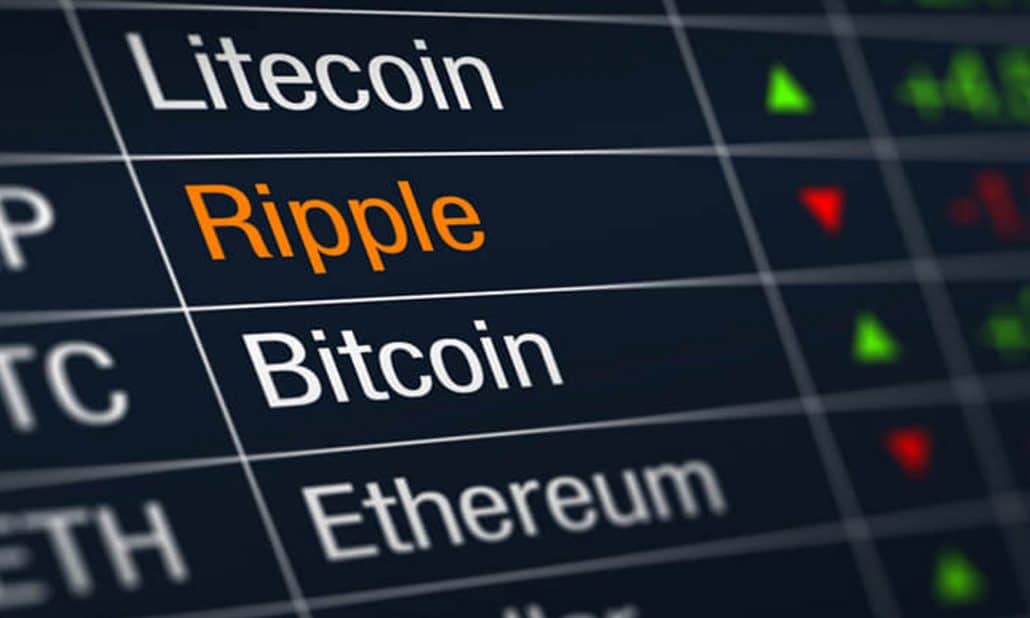Over the past two years, futures have become very popular among crypto currency traders and this has become more evident as total open interest in derivatives has more than doubled in three months.
Further evidence of their popularity came from the fact that futures turnover surpassed gold, which is a well-established market with a daily volume of $107 billion. However, each exchange has its own order book, index calculation, leverage limits, and cross and isolated margin rules. These differences may seem superficial at first, but they can make a huge difference depending on the needs of the merchants.
Keep in mind that Bitcoin is based on an unregulated market, this virtual currency has no official price. It is a computer environment with its own rules, which may not be suitable for people who are not sufficiently technophile and knowledgeable. Given its high volatility, this market is risky. Bitcoin is extremely volatile: the price can go up and down in a very short time and is largely unpredictable. You can therefore lose a lot of money. Because of this high volatility, there is no guarantee that you will be able to resell your Bitcoins at the desired time and under satisfactory conditions. Since you are not a legal tender, you also do not have the guarantees offered by central banks. Also, unlike deposits in a bank which are automatically covered by the deposit guarantee fund, you are not protected in the event of your intermediary’s failure.
Bitcoin is aimed at sophisticated investors: a minimum of technical and financial knowledge is required to understand the protocol on which it is based and its risks. Online brokers can offer you the opportunity to bet on digital assets like Bitcoin in the form of CFDs (contract for difference,) saving you the technological complexity of buying them. In this situation, a double vigilance is required and it is necessary to proceed, in a first step, to the traditional verifications before investing in a traditional CFD: proof of the broker’s authorization (investment services provider – ISP), understanding of the functioning of financial contracts, knowledge of the market and of the underlying of the CFD. Also beware of CFD leverage, which can be even more dangerous with an asset as volatile as Bitcoin.
There are essentially two types of investors. Individuals and institutions. It is estimated that there are 30 million private users, almost half of them in the United States. For most of them, it is above all a speculative investment, to try to profit from the bullish wave. On the other hand, there are institutional investors, notably investment funds, which are more discreet, but are very present. These players want to position themselves in a new financial asset. The Chicago Stock Exchange launched a bitcoin futures contract on December 10, while French fund Tobam decided to offer its clients the chance to invest in the cryptocurrency.

Apart from that of speculation, the other main argument used to relativize the transformative scope of bitcoin in our forms of exchange, concerns the economic functions of money (medium of exchange, unit of account and store of value): bitcoin would not be able to fulfill them, and would therefore not be a “real” currency (Charrel, Le Monde, 20/12/2017). Indeed, as Julien Acalin notes, its volatility would prevent it from being a good unit of account on the one hand: if bitcoin’s price varies untimely, no price reference for goods expressed in BTC is possible. On the other hand, the lack of price stability also undermines the store of value function (Forbes, 09/12/2017). However, the strong variation in prices does not necessarily compromise its function as a medium of exchange. In fact, agents can know the price of goods in euros or dollars at any time, but still use BTC at the current rate to make the transaction. Let’s take a pair of shoes at 140 euros as an example. If at the time of purchase the bitcoin is worth 14,000 euros, I will give up 0.01 BTC rather than 140 euros. The amount of BTC to be given up in exchange for a commodity will be adjusted to the current price.
In the wake of bitcoin, a host of other crypto-currencies are emerging on the market. Grouped under the term altcoins, a good portion of them are simply used to raise funds and are unlikely to replicate the performance of the more famous ones, such as Ethereum or Litecoin. Nevertheless, a minority of them are seriously proposing to become true alternative currencies in the long run. Beyond altcoins, all sorts of innovations are inspired by blockchain technology, which seem to follow the pattern of a Kondratieff cycle, (a notion taken up by Schumpeter), but in an accelerated way. Smart contracts are emerging, potentially disrupting the legal profession.
The social and solidarity economy is also seizing on this. In Argentina, a group of self-managed companies forming a network whose productions are complementary, launches the Moneda Par. This crypto-currency can be seen as a system of mutual debt compensation, and is issued through zero interest credits granted to members of the community, and circulates within the community in order to compensate for the lack of liquidity in Pesos. The same applies to real estate or the stock market: even if the price surge becomes downright unreasonable, there is always a basis of information about specific, real facts, such as the lack of housing in a given geographical area or the prospects for success of a particular company. Even gold, which is a sterile investment – a bar sitting in a safe is of no use at all – is used in jewellery and industry. Central banks, depending on current monetary developments, may feel the need to purchase them to build up reserves.
There are two ways for you to take advantage of this: trade manually yourself, preferably with regulated brokers, or use automatic trading software. In this category, we find Bitcoin Trader, which was presented earlier in this page and which offers a very tempting offer to say the least. The principle is simple: The software makes cryptocurrency trading decisions for you. These decisions, which Bitcoin Trader says are mostly winning, will allow you to make money without being a financial expert and without needing to learn the basics of the cryptocurrency market.



